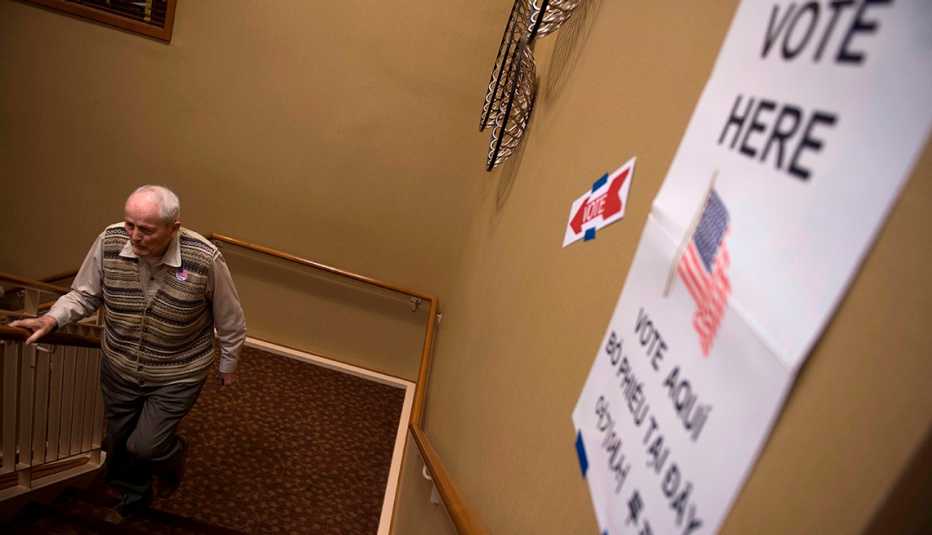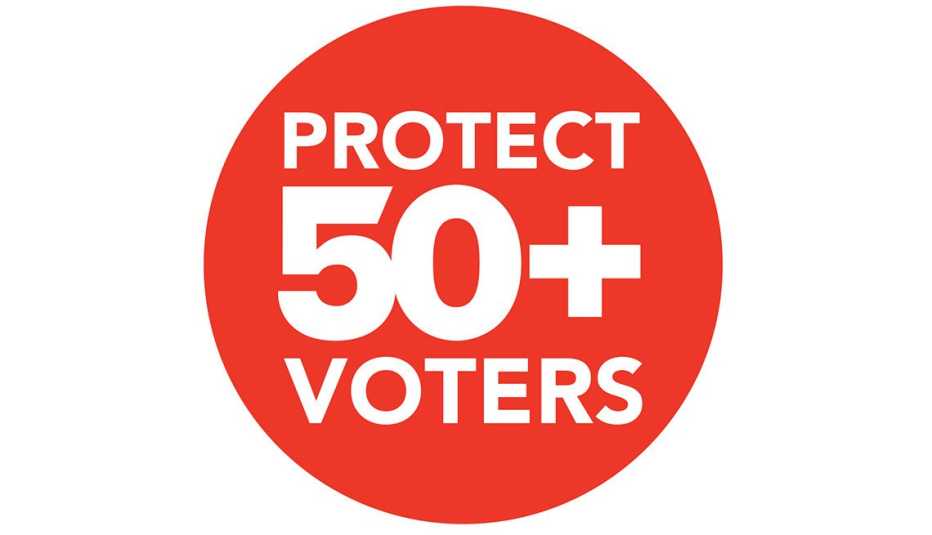Staying Fit


In a normal election year, late summer and early fall would be a busy time for Annie Butzner. A retired nurse in Asheville, North Carolina, Butzner has for years traveled to nearby hospitals, assisted living facilities and nursing homes, helping patients and residents register to vote and request absentee ballots.
But this year the coronavirus pandemic has made that work more difficult. Butzner, 69, has had a hard time just getting into facilities to determine which residents need help registering and requesting ballots. “The fact that it's so hard to vote in care facilities is ridiculous,” she says. “All of the wisdom that these people have — it's just being wasted."


AARP Membership— $12 for your first year when you sign up for Automatic Renewal
Get instant access to members-only products and hundreds of discounts, a free second membership, and a subscription to AARP the Magazine.
Butzner is part of a growing chorus of advocates, state officials and election experts worried about the voting roadblocks that COVID-19 presents to many of the nation's 1.3 million nursing home residents — and the specter that some won't be able to vote in this fall's general election. More than 800,000 other people live in other kinds of residential care communities, including assisted living facilities, and will likely also be affected.
"It's a bloody mess is what I would say,” Nina Kohn, a professor at the Syracuse University College of Law and a distinguished scholar in elder law at Yale Law School, says of the confusion around voting from nursing homes this year.
There isn't reliable national data for voter participation among residents of nursing homes and long-term care facilities, but they are a population that checks several boxes for high voter turnout. Nearly two-thirds are over age 65 and most are women; these are two groups who historically turn out to vote in higher numbers than the rest of the country.
With many residents cut off not just from loved ones but also election volunteers and county officials who would normally help them vote, experts fear that turnout will drop.
"Ensuring everyone can exercise their right to vote is of utmost concern to AARP,” says Elaine Ryan, the organization's vice president for state advocacy and strategy. “We must remove any barriers residents of long-term care facilities may face, especially during this pandemic."
Traditional voting upended by the virus
In a typical election year, nursing home residents generally vote in person (with the help of friends or family or by caravanning to polls), via absentee or mail-in ballot, or from the comfort of their own facility (with the help of county election officials or by simply walking down the hall, if their facility is a registered polling site).


































































More on politics-society
AARP Battleground Polls Find Trump-Biden Race Still up for Grabs
Surveys show many 50+ voters to vote via absentee ballot, early voting ahead of Election DayAARP Polls: Coronavirus, Social Security Cuts Top 50+ Voter Concerns
Despite deeply partisan divides nationally, older Americans united behind programs that protect themIt’s Time to Plan for How to Safely Cast Your Ballot
Consider voting from home or voting early — and confirm your polling place if you go in person